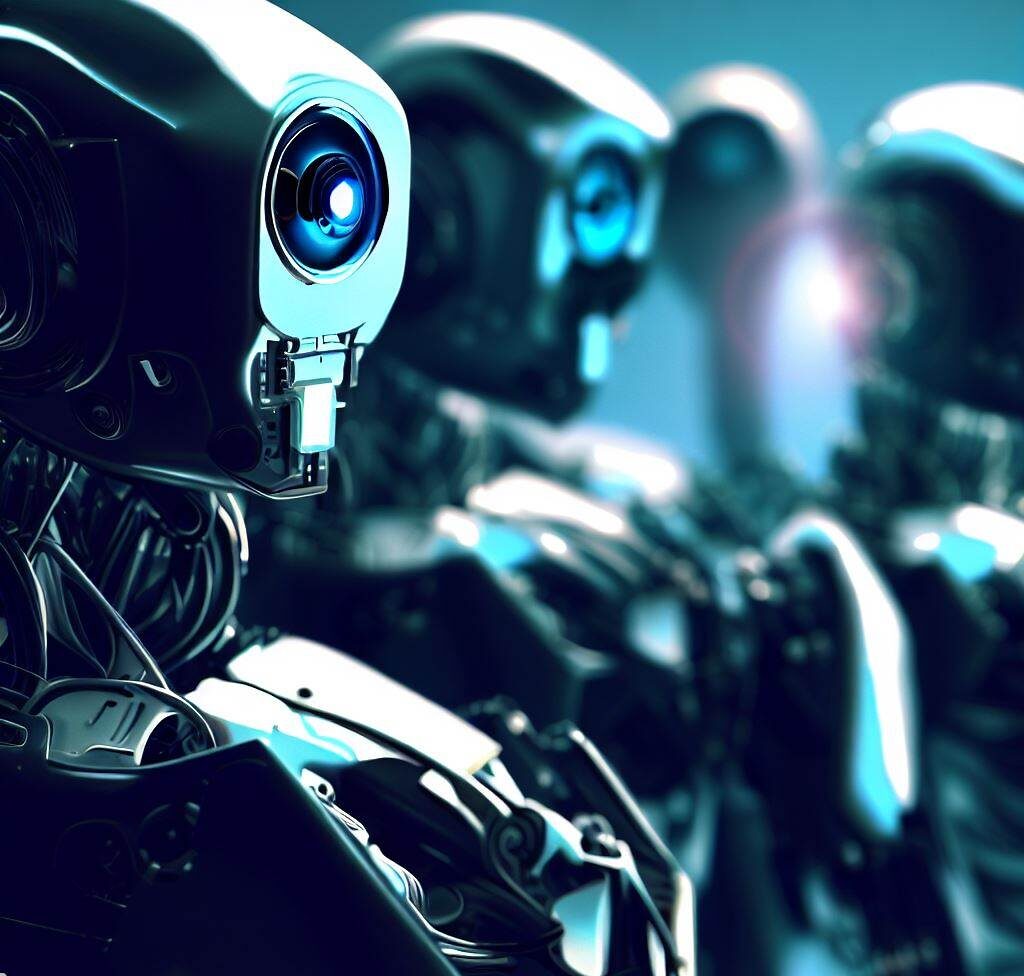Machine learning is a subset of artificial intelligence that involves the development of algorithms and models that allow computers to learn and improve their performance on a task without being explicitly programmed for that task. Instead of relying on explicit instructions, machine learning algorithms use patterns in data to make decisions and predictions.
Table of Contents

Types of Machine Learning
- Supervised Learning: The algorithm is trained on labeled data, where the input and the corresponding correct output are provided. The model learns to make predictions by mapping inputs to outputs.
- Unsupervised Learning: The algorithm is trained on unlabeled data, and it attempts to learn the patterns and structure within the data without any specific guidance.
- Reinforcement Learning: The algorithm learns through trial and error by interacting with an environment. It receives feedback in the form of rewards or penalties, which helps it improve its decision-making abilities.
The Future of Machine Learning is Expected to be Exciting and Transformative

- Continued Advances in Deep Learning: Deep learning, a subfield of machine learning based on neural networks, has shown remarkable results in various applications. It is expected to continue to evolve, enabling more complex and accurate models.
- Interdisciplinary Integration: Machine learning will likely merge with other fields like robotics, natural language processing, and computer vision, leading to more sophisticated and intelligent systems.
- Explainable AI: There will be a growing need to understand and interpret the decisions made by AI systems, especially in critical domains like healthcare and finance. Explainable AI aims to provide transparent and understandable explanations for AI’s actions.
- Autonomous Systems: As machine learning models improve, we can expect the rise of more autonomous systems in industries such as transportation, manufacturing, and healthcare.
- Edge Computing: With the increasing demand for real-time and low-latency applications, machine learning models will be deployed closer to the data source, leading to edge computing-based AI solutions.
- Personalized AI: Machine learning will be used to create more personalized experiences, whether in online shopping, entertainment, or healthcare, tailoring services to individual preferences and needs.

Project Ideas in Machine Learning
- Fraud Detection: Build a model to detect fraudulent transactions or activities in financial data.
- Image Captioning: Develop a system that can automatically generate descriptive captions for images.
- Natural Language Generation: Create a model that generates human-like text based on given prompts or input.
- Emotion Recognition: Build an algorithm that can recognize emotions from facial expressions or speech.
- Recommender Systems: Design a recommendation engine that suggests products, movies, or music based on user preferences.
- Medical Diagnosis: Develop a machine learning model to assist in medical diagnosis by analyzing patient data and providing predictions.
- Sentiment Analysis: Create a system that can analyze sentiment in text data, such as social media posts or customer reviews.
- Autonomous Vehicles: Work on a project to develop a self-driving car or a system for autonomous navigation.
- Anomaly Detection: Build a model to identify anomalies or outliers in large datasets, useful for various applications like detecting faults in machinery or network intrusion detection.
- Game Playing AI: Create an AI agent capable of playing and mastering complex games like chess, Go, or video games.





